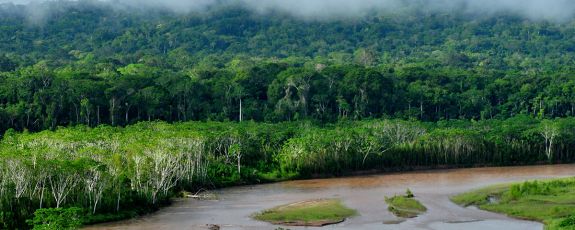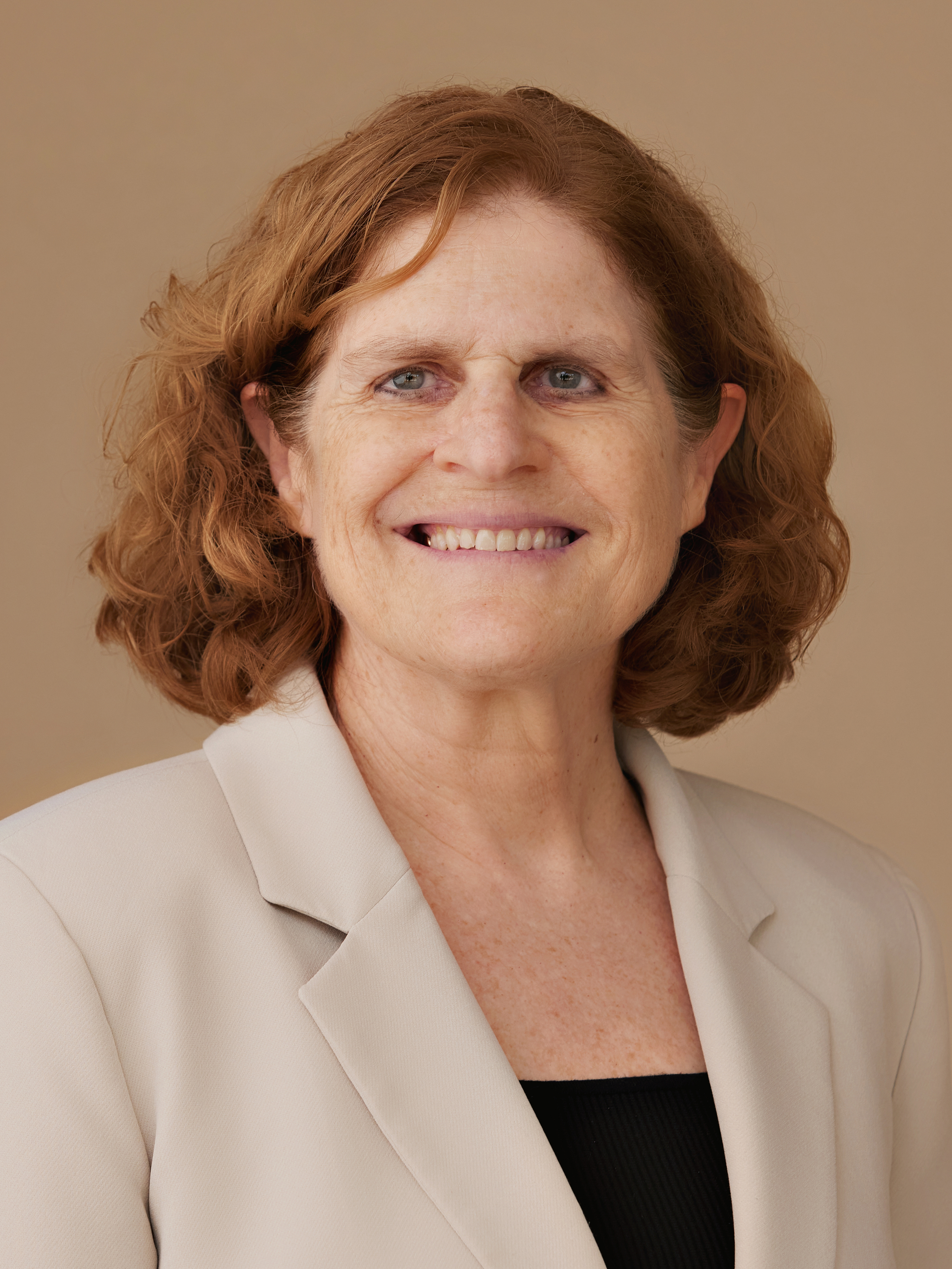
Can Debt-For-Nature Swaps Help Achieve Climate Goals?
Duke professor to lead climate week in New York discussion

However, in this post-COVID era, such debt-for-nature swaps are gaining attention again as many countries face a new debt crisis.
Losos will moderate a panel during Climate Week in New York (Sept. 22-29), titled “Scaling Debt-for-Nature Swaps to Tackle Debt, Climate, and Biodiversity,” in which conservation and financial experts will discuss past challenges associated with these swaps and innovations to address those challenges.
Countries can benefit by drawing down some of their debt payments and channeling funds to conserve their natural resources and address climate concerns. While some engage in debt-for-nature swaps because of their sense of corporate responsibility and reputational benefit, it also is in their financial interest, Losos said. Debt-distressed countries on the verge of bankruptcy may never repay their loan in full, so renegotiating the terms can benefit everyone.
Losos said she believes small adjustments to the debt-for-nature swap idea will not be enough to have a meaningful effect. “They have to be pretty radically reformed,” she says.
She and Duke colleagues suggest that a key to success will be increasing the size of both the debt relieved and the conservation projects undertaken so that they are significant at the national level.
“Few developing countries will be able to make substantial inroads on their international biodiversity or climate targets if they struggle to make foreign debt payments. Nationally scaled debt-for-nature swaps can help. That said, we have studied conservation and development projects over the last half-century and know that simply giving money for a commitment often doesn’t pan out,” she said.
She adds: “Instead, a new generation of debt-for-nature swaps should be reformed so that countries and creditors agree on the environmental targets but do not receive debt relief until they have demonstrated that they have met the agreed-upon benchmarks.”
To get around national sovereignty concerns, Losos suggests that countries be allowed to choose how to meet these performance-based targets, rather than being dictated by outsiders.
She says bringing this panel together to bring awareness to debt-for-nature swaps and discuss how to advance the field is just one way that Duke can make an impact.
“This is a great example of how the Nicholas Institute explores important, timely policy issues, brings together people to engage deeply about potential solutions, and then works to put them into action,” she says.
The panel will take place at 9 a.m. Friday, Sept. 27, at Bloomberg, 731 Lexington Ave, in New York. The registration deadline is Sept. 19. The panel will consider how to achieve the greatest impact of next-generation swaps, considering topics such as national-level scaling, performance-based targets, sovereignty concerns, and incentivizing multiple global gains.
Carlos Manuel Rodriguez (CEO, Global Environment Facility) will open the conversation virtually. Dana Barsky (global head of sustainability, strategy and net zero, Standard Chartered Bank) and Kevin Bender (director, Greening Sovereign Debt, The Nature Conservancy). will engage in a conversation about challenges and solutions with moderator Losos.